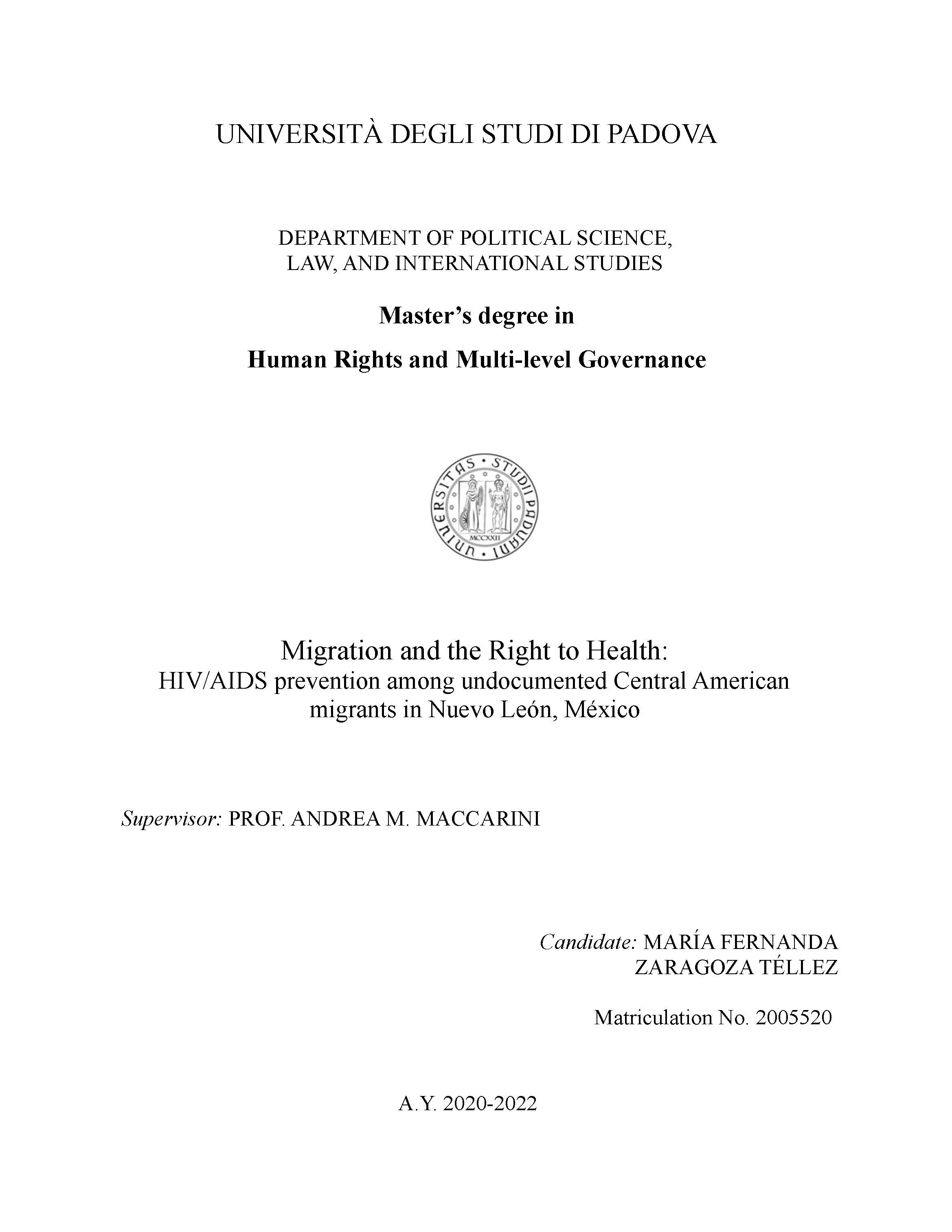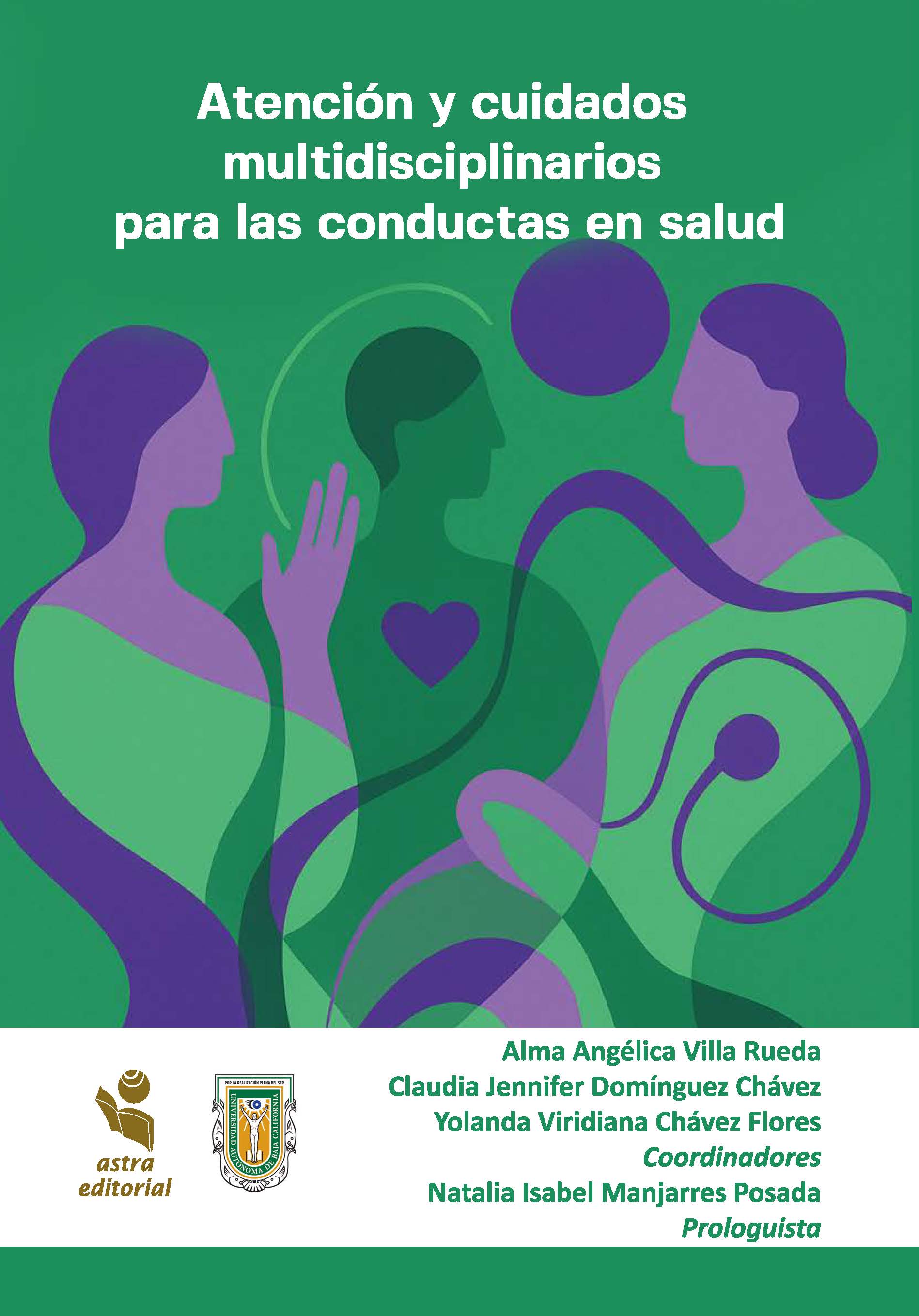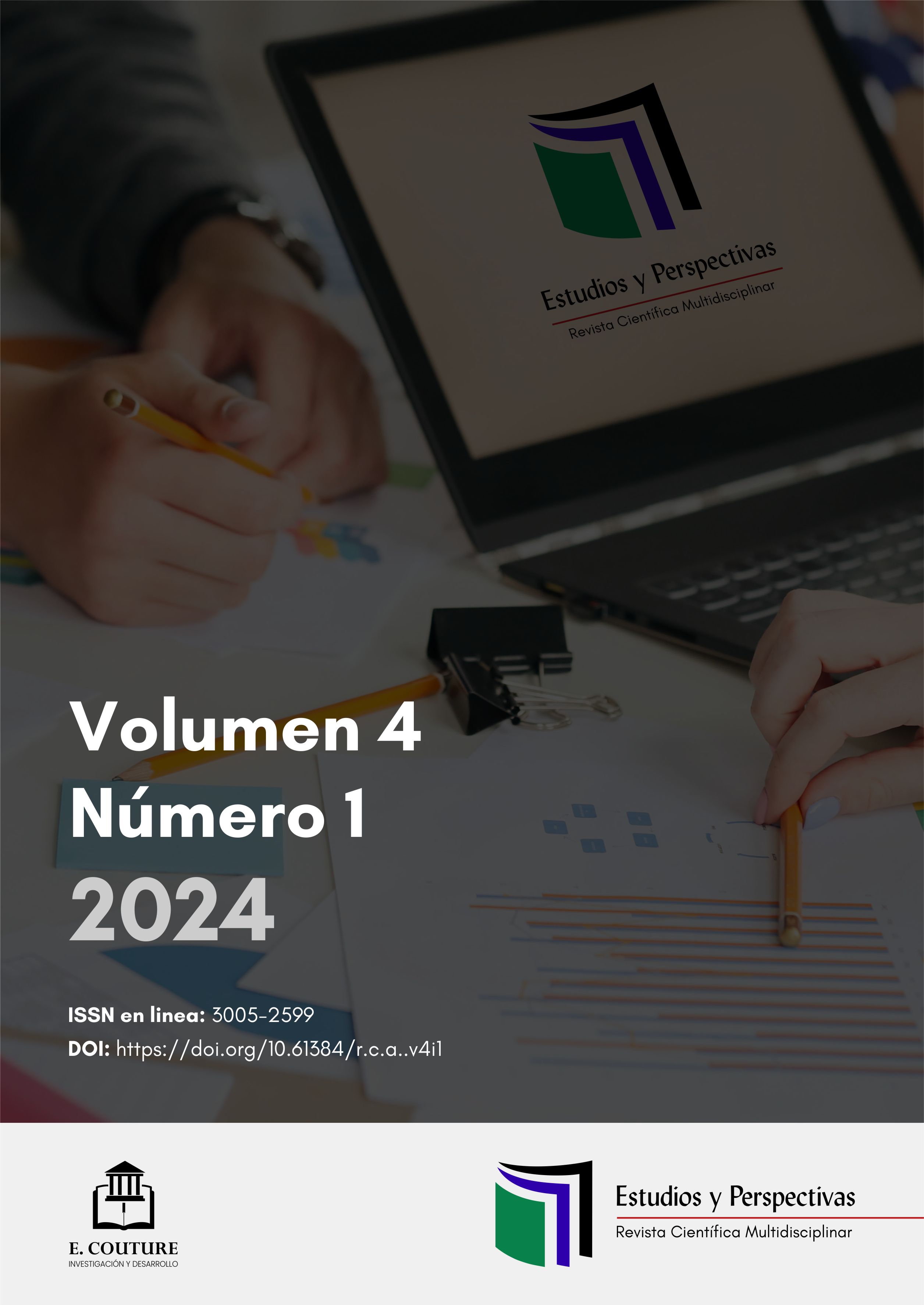Resum
Migratory dynamics continue to evolve, the routes change and the destination is no longer only the United States; many migrants seek to settle in Mexico, especially in the northern border states of the country. This paper offers a theoretical, conceptual, contextual framework as well as a practical study to demonstrate that ensuring the Right to Health as a Human Right and providing HIV/AIDS prevention strategies at all phases of the migration process helps decrease migrants’ HIV/AIDS risk. A cross-sectional study on Central American migrants (N=55) in Nuevo León, Mexico was conducted in order to evaluate their KAPs on HIV/AIDS as wella s their overall experience with the Mexican Health System. The results indicate participants with limited exposure to prevention messages as well as a lack of information related to their human rights hence, having inadequate knowledge regarding HIV/AIDS and manifesting negative attitudes towards PLHIV. Findings underscore how mobile populations build new cultural configurations provoking new political, economic and cultural structures in a transnational sense, forcing the Mexican State to open its eyes to this new dynamic and leading it to elaborate public policies on migration and human rights and a need for culturally adapted HIV/AIDS prevention programs.






